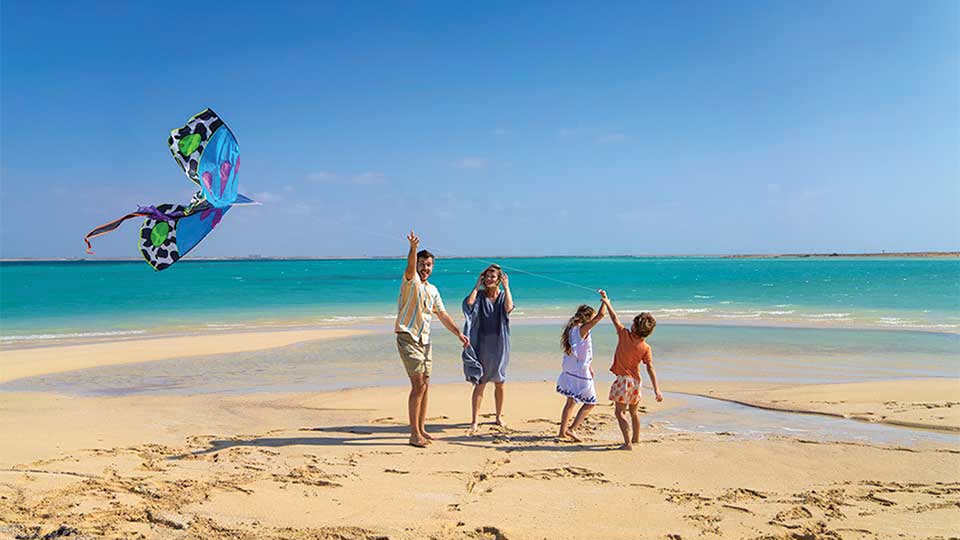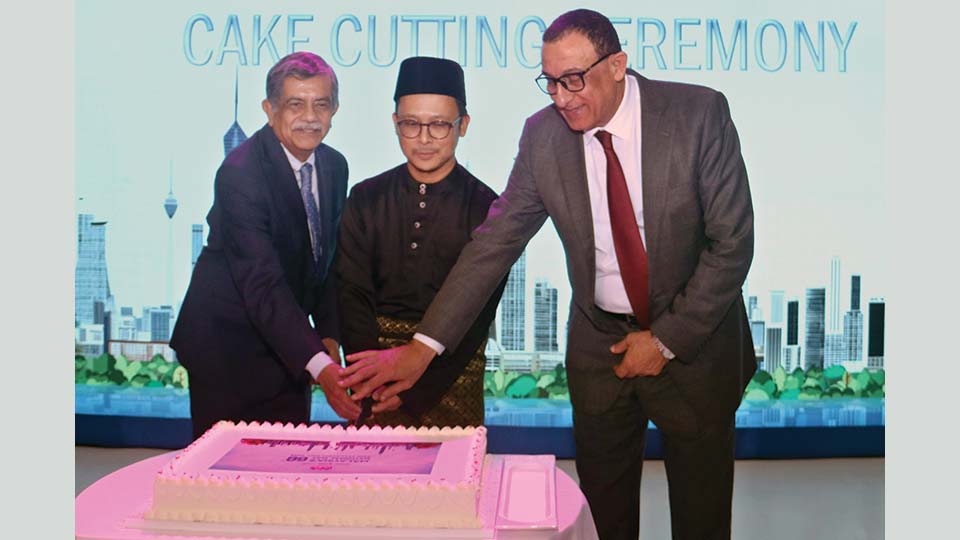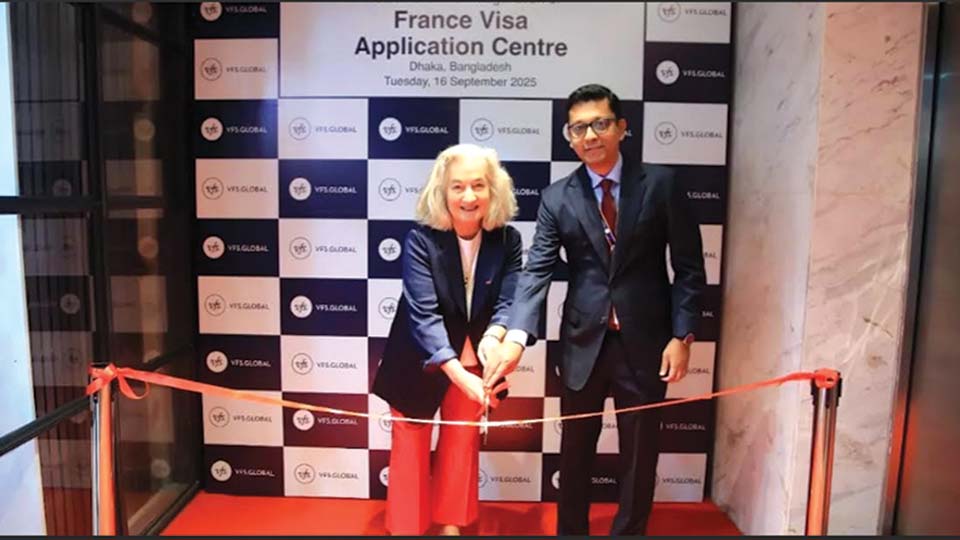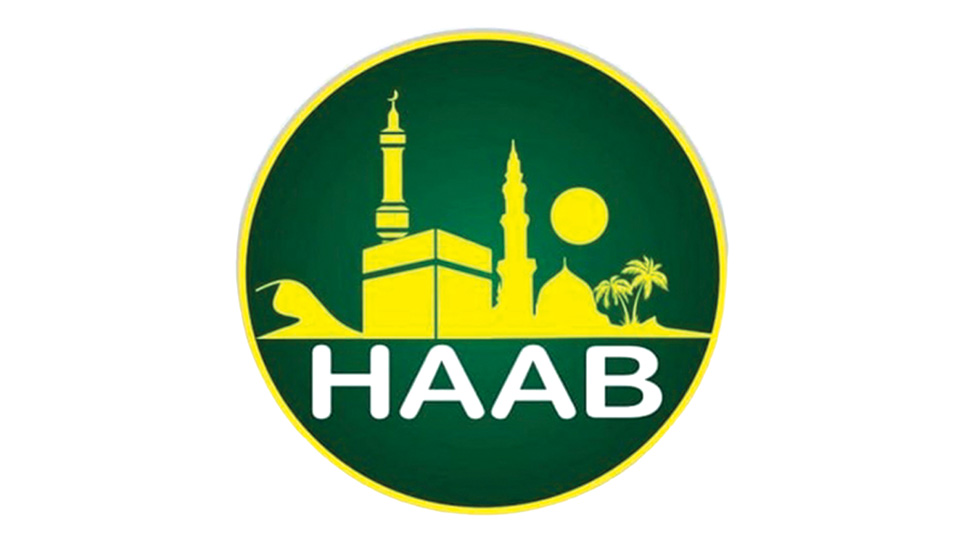
Dhaka : In a historic recognition, the Saudi government has declared Bangladesh the best in South Asia for Hajj management this year, following a remarkably smooth and problem-free pilgrimage season.
According to Syed Golam Sarwar, President of the Hajj Agencies Association of Bangladesh (HAAB), the recognition is the result of years of effort and this year's exceptional collaboration among multiple stakeholders - including the Ministry of Religious Affairs, the Ministry of Civil Aviation and Tourism, HAAB, and airlines.
"This year was fantastic. There were no issues at all. No pilgrim missed Hajj, no one faced fraud, no tickets were delayed, and not a single complaint was lodged from any Bangladeshi pilgrim," Sarwar said while talking to The Bangladesh Monitor.
Flawless Hajj season
Bangladesh sent around 80,000 pilgrims to Saudi Arabia this year. According to Sarwar, management on both ends - Dhaka and Saudi Arabia - was far better compared to previous years.
Air travel: Unlike past seasons, no pilgrim suffered from ticket shortages or flight delays.
Accommodation: All pilgrims were comfortably housed in Saudi Arabia, thanks to timely booking of tents and lodgings.
Hajj Camp: Operations at the Hajj camp in Dhaka ran smoothly, avoiding the overcrowding and mismanagement often reported in the past.
Transport and logistics: In Saudi Arabia, food, sanitation, and transportation services were significantly improved. Sarwar pointed out that even traditional bottlenecks, such as pilgrims missing buses between Arafah and Muzdalifah, were resolved this year by arranging return trips for buses.
Historic upgrades: For the first time ever, the entire Muzdalifah field was carpeted, and pilgrims reported no bathroom shortages - a breakthrough for comfort and hygiene.
"These may sound like small things, but for a pilgrim, every minute detail matters. This year, everything was done right," Sarwar said.
Digital innovation: "Labbaik" app
A major contributor to this year's success was the launch of the government-backed "Labbaik" mobile app in April 2025. Introduced by Chief Adviser Dr. Muhammad Yunus, the app functioned as a digital companion for Bangladeshi pilgrims, offering religious guidance, health services, safety features, and communication tools.
All 80,000 pilgrims were registered in the app at a cost of only BDT 1,000-2,000, which also enabled mobile roaming during their stay in Saudi Arabia.
"The Labbaik app revolutionized our coordination. For the first time, pilgrims had a one-stop solution for both spiritual and logistical needs. It also allowed HAAB and the government to address issues instantly, without delays," Sarwar said.
Regional contrast: BD ahead of India, Pakistan, Indonesia
Bangladesh's success stands in stark contrast to other South Asian nations. India, Pakistan, and Indonesia failed to secure tents and accommodations on time, resulting in nearly 50 percent of their pilgrims being unable to perform Hajj this year.
"In Bangladesh, every pilgrim completed Hajj. That is why Saudi Arabia declared us the best in South Asia this year," Sarwar emphasized.
Calls for reforms in Hajj policy
Despite the achievements, Sarwar noted areas where reforms are still needed to improve efficiency and reduce costs for pilgrims.
One such issue is the government's mandate that every pilgrim stay eight days in Medina for ziarat and 40 prayers. "This is not compulsory in Shariah. But due to this requirement, packages stretch to 52-53 days, making them unnecessarily long and expensive," he said.
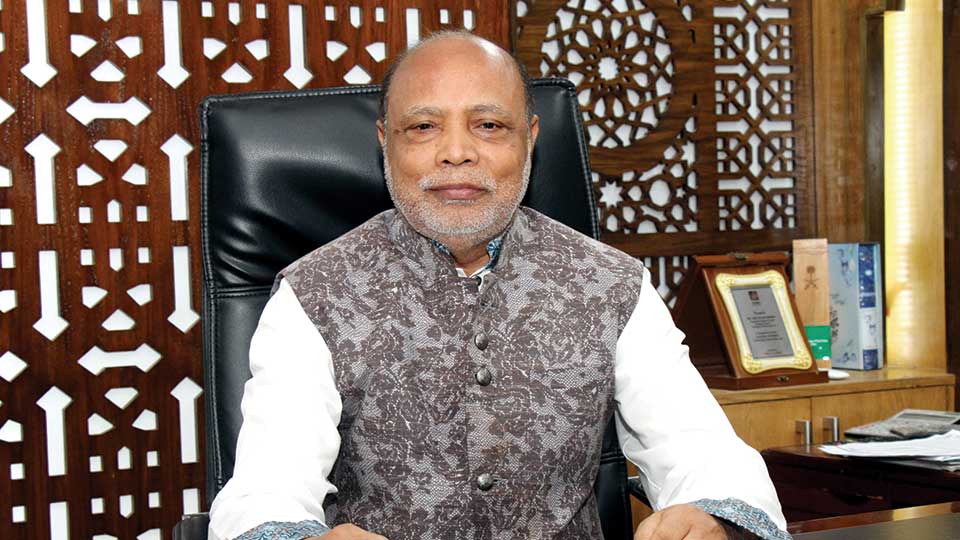
Syed Golam Sarwar
Sarwar urged the government to allow flexible stays in Medina, enabling pilgrims to choose their duration. "If this is lifted, package prices will come down, and more people will be able to afford Hajj," he added.
Another reform priority is bringing intermediaries and group leaders under regulation. Sarwar argued that many middlemen operate outside official structures, creating risks for pilgrims. "If we bring them under a policy framework, agents will be disciplined, services will improve, and hajis will be protected from fraud. Our executive committee is already discussing this with the Religious Affairs Ministry," he said.
Umrah concerns: rising costs, new hurdles
While this year's Hajj was a story of success, the same cannot be said for Umrah. Sarwar highlighted that Saudi Arabia has now made it mandatory for pilgrims to book accommodation only at Nusuk-listed properties. These hotels cost around 200-250 Saudi riyals per night, far higher than the non-listed local residences that Bangladeshi pilgrims traditionally used.
"The demand for Nusuk-enlisted properties is far greater than the supply, making it difficult for us to secure bookings. On top of that, pilgrims must now confirm hotel and ticket bookings before applying for visas - this was not the case before. These rules are making Umrah increasingly unaffordable," Sarwar warned.
He called for government-to-government dialogue between Bangladesh and Saudi Arabia to ease these restrictions, particularly for accommodation. "Unless these rules are relaxed, Umrah will remain out of reach for many Bangladeshi pilgrims," he cautioned.
Benchmark for future
With this year's recognition from Saudi Arabia, Bangladesh has set a new benchmark in Hajj management. HAAB and industry leaders believe that the key now is to sustain these achievements while addressing lingering policy gaps.
"This year, Bangladesh showed what is possible with proper planning, digital innovation, and joint efforts. We have earned recognition on the international stage. Now, we must make sure this becomes the standard, not the exception," Sarwar concluded.


